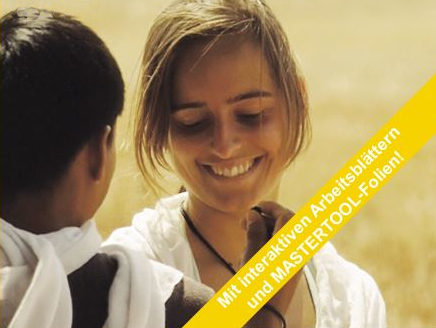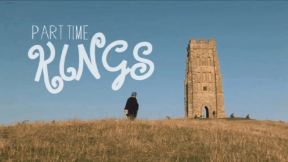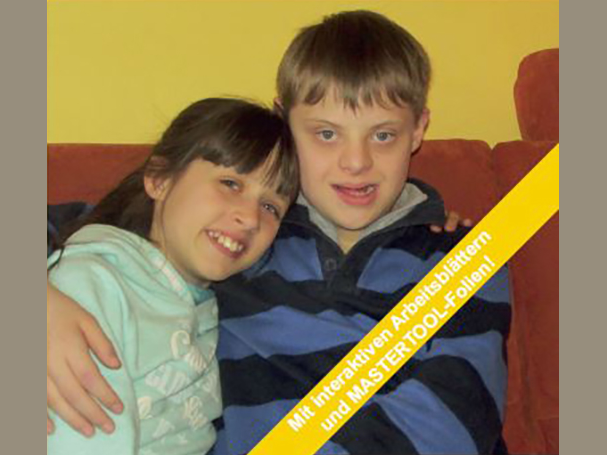 Gesellschaft
Gesellschaft

46500918 / 55500674
ADHS
Aufmerksamkeitsdefizit-/Hyperaktivitätsstörung
Die ADHS, die Aufmerksamkeitsdefizit-/Hyperaktivitätsstörung gehört zur Gruppe der Störungen von Verhalten und Emotionen. Wissenschaftler gehen davon aus, dass in jeder Klasse zwei bis drei Betroffene sitzen.
Der Film geht in Interviews mit Experten der Frage nach, wie sich diese Störung der Aufmerksamkeit manifestiert und welche Therapieansätze Erfolg versprechen.
Für Lehrerinnen und Lehrer ist dieser Film besonders geeignet, schärft er doch die Sensibilität für diese Störung und zeigt Methoden mit den Verhaltensauffälligkeiten umzugehen.
Er weckt Verständnis bei Schülerinnen und Schülern für die Betroffenen und zeigt ganzheitliche Ansätze auf, wie in einem gemeinsamen Ansatz von Familie, Lehrkräften und dem Betroffenen selbst eine wirksame Therapie erfolgen kann.
In Verbindung mit dem Begleitmaterial lässt sich das Medium hervorragend im Unterricht verwenden.
„ADHS – Aufmerksamkeitsdefizit-/Hyperaktivitätsstörung“ wird im Rahmen der Selbsthilfeförderung nach § 20 h Sozialgesetzbuch V finanziert durch die BARMER. Für die Inhalte und Gestaltung ist der ADHS Deutschland e.V. verantwortlich.

Lehrplanzentral und an den Bildungsstandards orientiert
Passend dazu
Mobile Learning II
Oh, what’s that? Original soundtrack Thissen: “As our children grow up in a media world and naturally handle the media, they should also be a topic in school.“ An older child says the point is that they don’t just load down apps but create things themselves that haven’t existed so far. Hi, I’m Jana. A propeller hat. I’ll put it on. Now I’m no longer a simple rhino, but a flying rhino. Original soundtrack Thissen: “It’s exactly the great flexibility of tablets that promotes very personalised and adapted learning.” Original soundtrack Welzel: “It’s fascinating to see how the children grow with their products and how they always want to improve them.” The Westminster Abbey is a church in London for the royal family. Original soundtrack Welzel: “And?“ They think it is ok.










